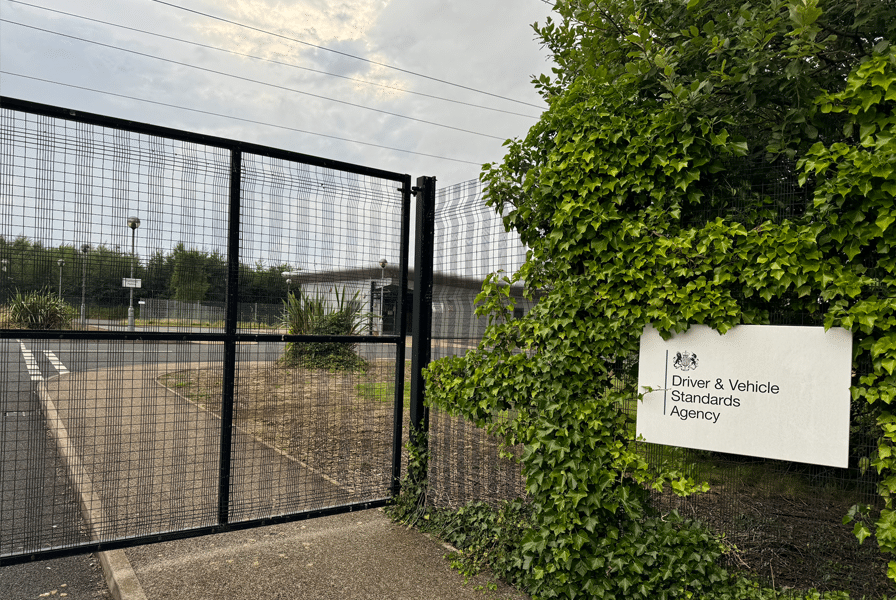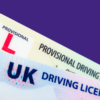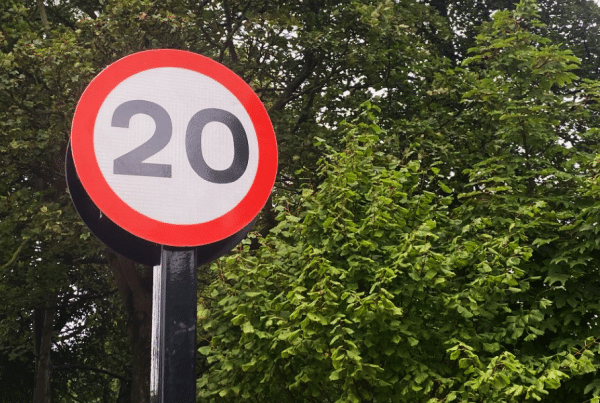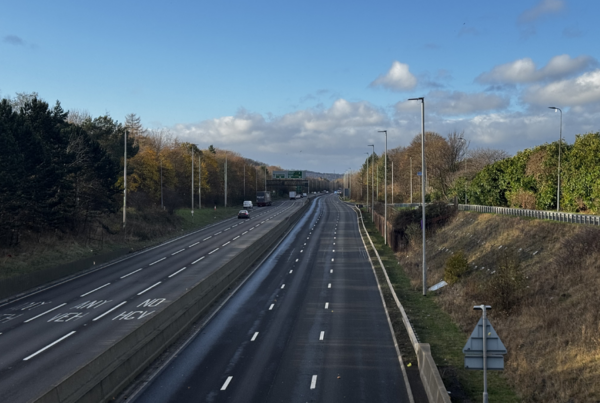
Image: NE Driving Solutions Ltd.
Driving test delays have become a significant issue in the UK, with over three-quarters of test centers facing wait times of more than three months. Despite efforts to tackle the backlog, including the addition of 150,000 extra test slots, waiting times have crept back up.
Temporary Improvements and the Current Situation
Initially, the extra test slots brought some relief. By January, the percentage of centers with three-month delays dropped from 81% in October to 57%. However, by May, the delays had surged again, with 77% of centers reporting wait times of over three months. The average waiting time also increased from 14.5 weeks in January to 17.8 weeks by May. This is still far higher than the pre-pandemic average of six weeks.
Concerns from the Driving Industry
The driving industry is concerned that without long-term solutions, the delays will only worsen. Camilla Benitz, Managing Director of the AA Driving School, pointed out that short-term fixes are not enough. The Driver and Vehicle Standards Agency (DVSA) has noted that many learners are booking tests prematurely, often before they are truly ready, leading to a high number of failed tests and further delays.
The Growing Black Market Problem
Adding to the problem, a black market has emerged where individuals use bots to secure test slots, which they then resell for a profit. MPs have called for government intervention to tackle this issue.
Calls for Systemic Changes
Driving schools and industry experts are calling for more comprehensive measures, including better recruitment and retention of examiners. The DVSA has responded with initiatives like the “Ready to Pass” campaign, aiming to ensure that learners are better prepared for their tests, which should help reduce waiting times.
According to Lewis Bishop from Shift Driving School, students are often booking tests in a panic, sometimes before they’ve even had sufficient—or in some cases, any—lessons. Additionally, many candidates opt to take tests in private cars without being fully prepared, further exacerbating the situation. Bishop noted that while the Gateshead center now has more examiners than it did last year, the bottleneck persists. “Something needs to be done,” he said, emphasizing the need for systemic changes to address the ongoing delays.
What Can You Do to Help?
Here are a few practical steps that can help reduce driving test delays:
- Book Your Test Only When You’re Ready: Make sure your driving instructor agrees that you’re ready to take the test. Booking prematurely can lead to failed attempts, which just adds to the backlog.
- Cancel If You Can’t Attend: If you know you won’t be able to attend your test, cancel it as early as possible. This frees up the slot for someone else who is ready.
- Stick to Your Local Area: Don’t travel across the country for a test. This not only clogs up the system but also makes it harder for locals to get slots in their own area.
- Avoid Using Bots or Third-Party Services: These services contribute to the problem by creating a black market for test slots. Instead, book your test directly through the DVSA, your Driving Instructor or Driving School.











